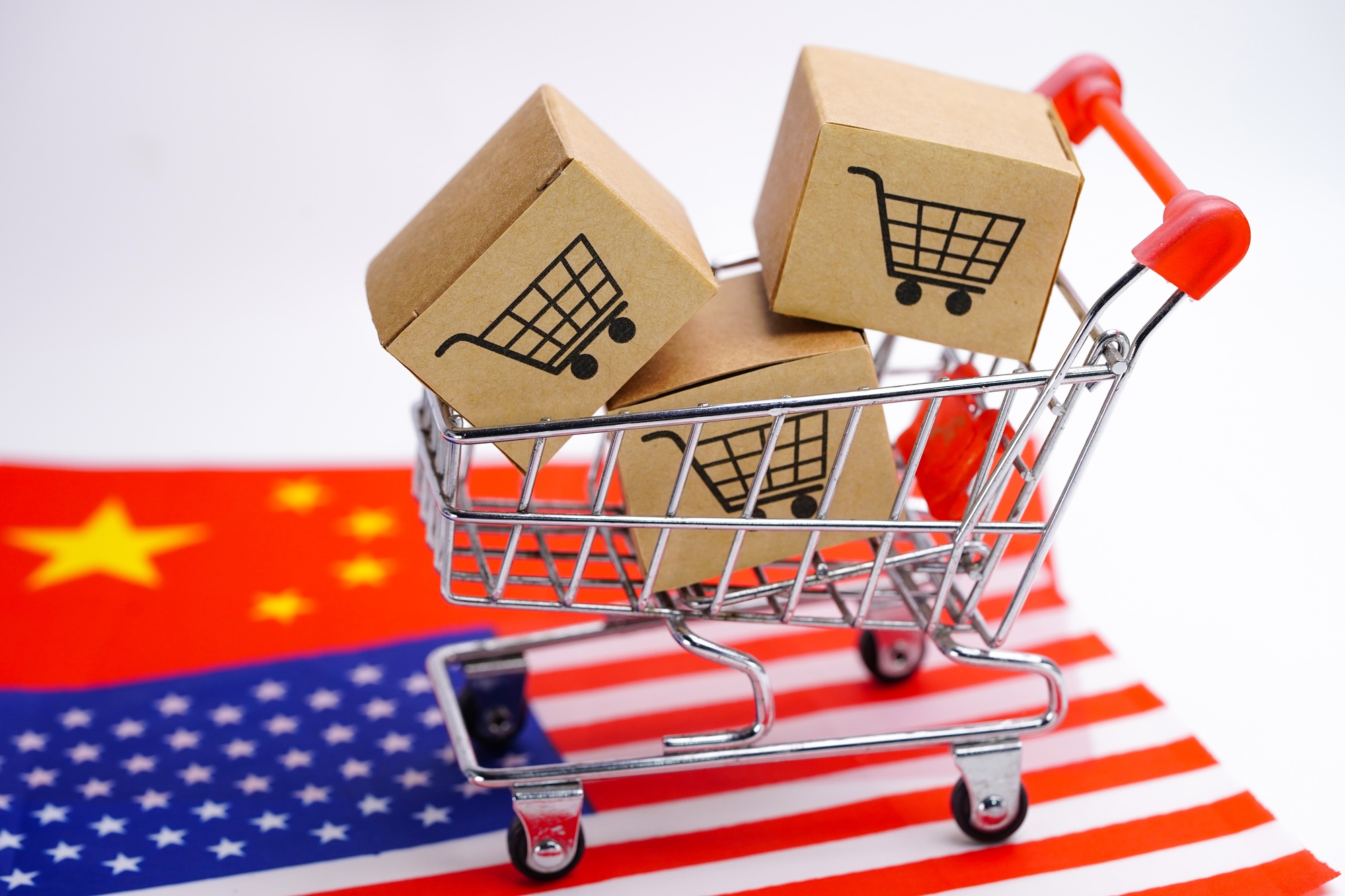The United States has enacted substantial tariffs on imports from China and the European Union, prompting swift retaliatory measures and intensifying global trade tensions. Effective April 9, 2025, the U.S. imposed a 104% tariff on Chinese goods and a 20% duty on European imports. In response, China announced an 84% tariff on U.S. products, while the EU approved tariffs targeting approximately €21 billion ($23.2 billion) worth of American exports.
According to reports, these sweeping U.S. tariffs aim to address trade imbalances and protect domestic industries. The administration’s approach includes a 10% baseline tariff on all imports, with higher rates for specific countries based on their trade surpluses with the U.S. Notably, China faces the highest tariff at 104%, reflecting escalating tensions between the two largest economies.
As reported by financial analysts, the implementation of these tariffs has led to significant market volatility. Major stock indices have experienced sharp declines, with the S&P 500 approaching bear market territory. Investors are expressing concerns about potential inflationary pressures and the broader economic impact of an escalating trade war.
In the European Union, officials have expressed readiness to negotiate but have also prepared countermeasures. The EU’s retaliatory tariffs focus on a range of U.S. products, including soybeans, steel, and various consumer goods. European leaders emphasize the need for a balanced approach to avoid further escalation and potential harm to global trade.
Meanwhile, other countries are adopting varied strategies in response to the U.S. tariffs. Japan, South Korea, and Vietnam are seeking negotiations to mitigate the impact on their exports, aiming to reach agreements that could reduce tariff burdens. Conversely, nations like Canada have implemented their own retaliatory tariffs, highlighting the complex dynamics of the current trade environment.
Economists warn that prolonged trade disputes could lead to increased consumer prices and dampened economic growth. The interconnected nature of global supply chains means that tariffs imposed by one country can have far-reaching effects, potentially disrupting industries and affecting employment across multiple economies.
As the situation develops, stakeholders worldwide are closely monitoring negotiations and policy decisions. The potential for further escalation remains, underscoring the importance of diplomatic efforts to resolve disputes and restore stability to international trade relations.








